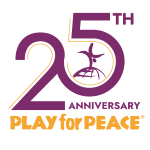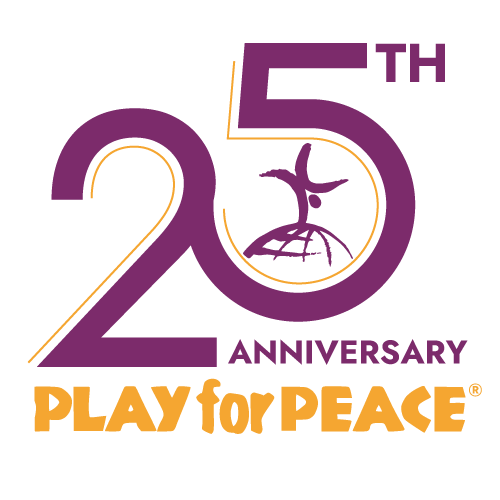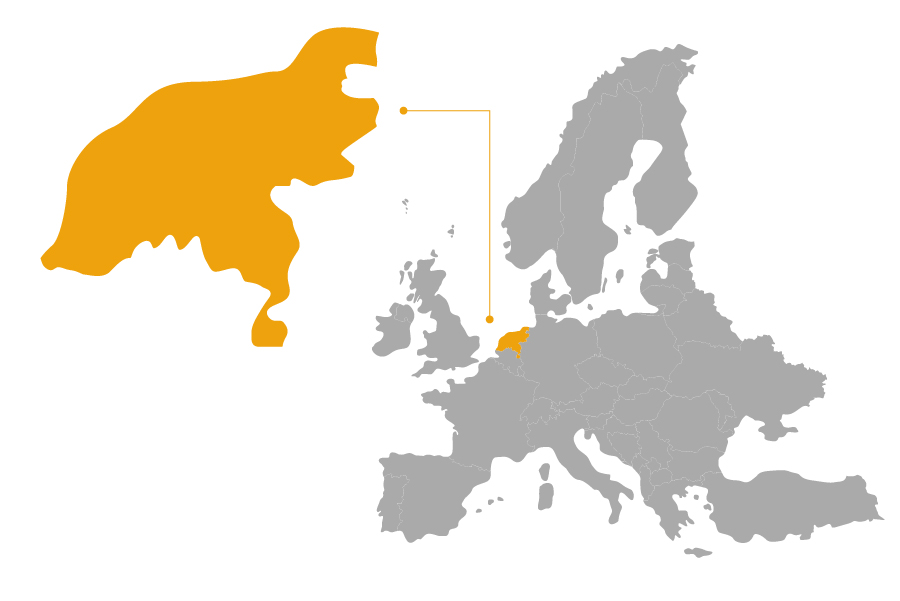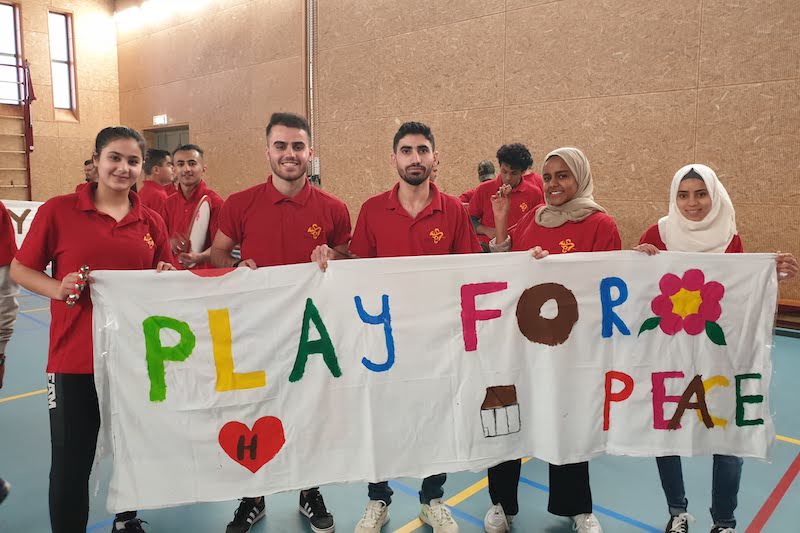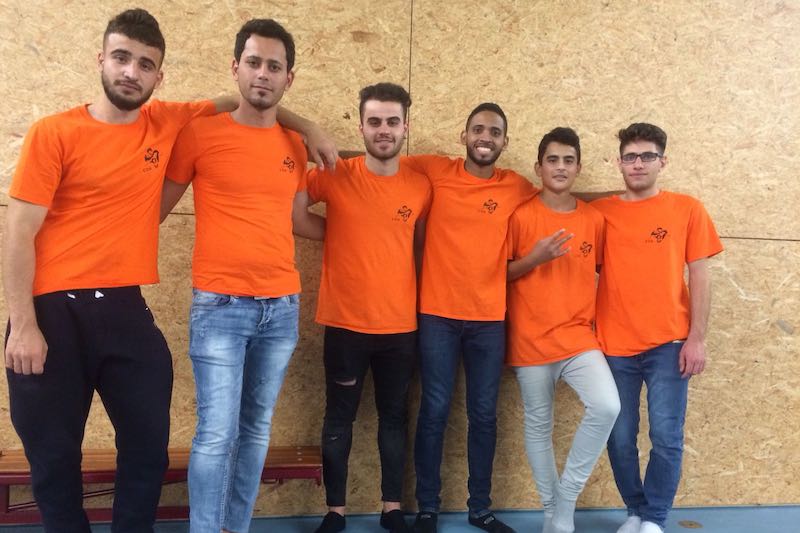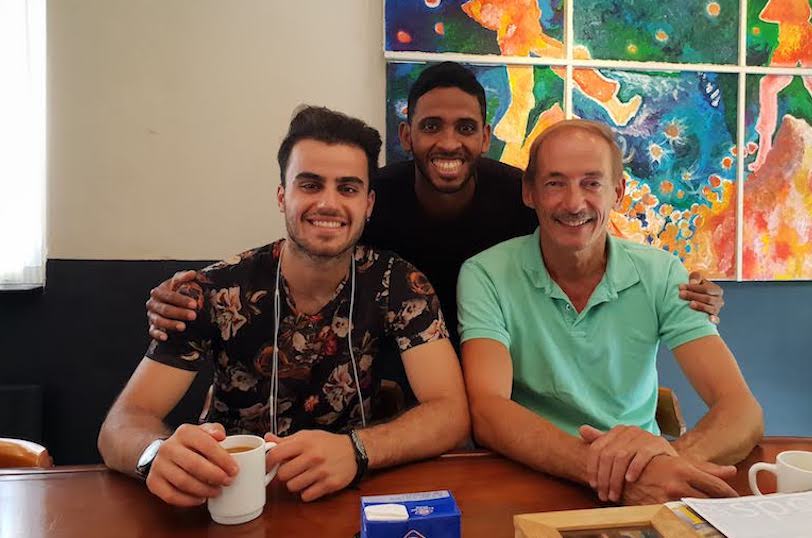By continuing to use our site, you consent to the processing of cookies, user data. If you do not want your data to be processed, please leave the site. Find our full Privacy Policy here.
Country Profile: The Netherlands
When the 2015 refugee crisis hit Europe, the Netherlands was not prepared for the influx of immigrants to the country. Prejudice and misconception led to the mistreatment of many refugees, the majority who had fled war and hunger in their home countries to find a safe place for their families to settle. Many refugees who came to Europe and settled in the Netherlands are currently living in camps until their fate is decided.
In 2017, a young Iraqi refugee named Rayan, who had previously been at the Skaramangas refugee camp in Greece, began a Play for Peace club in the Musselkanaal camp in the northern Netherlands. Deeply impacted by Play for Peace and its work in Skaramangas, Rayan continued with Play for Peace every week, even after receiving asylum in Holland. Soon he and his mentor Roel had trained a diverse group of 15 young refugees, who soon led regular Play for Peace sessions to children in the camp.
The Musselkanaal refugee camp was closed in August 2018 after 25 years of operation. While it means the end for the Play for Peace club there, it also marks a new beginning. Youth leaders from Musselkanaal, who are being relocated to other camps, are determined to initiate their own Play for Peace clubs to continue the spread of peace around the world.
"No professional in the camp does what Rayan and his team does. It's like magic, they are able to make the children play together without drama and without them even speaking the same language. It's incredible."
Roel
Play for Peace Mentor,
the Netherlands
Play for Peace Clubs, Stories, and Projects
Musselkanaal/Ter Apel Club
Musselkanaal/Ter Apel Refugee Camp, Holland
